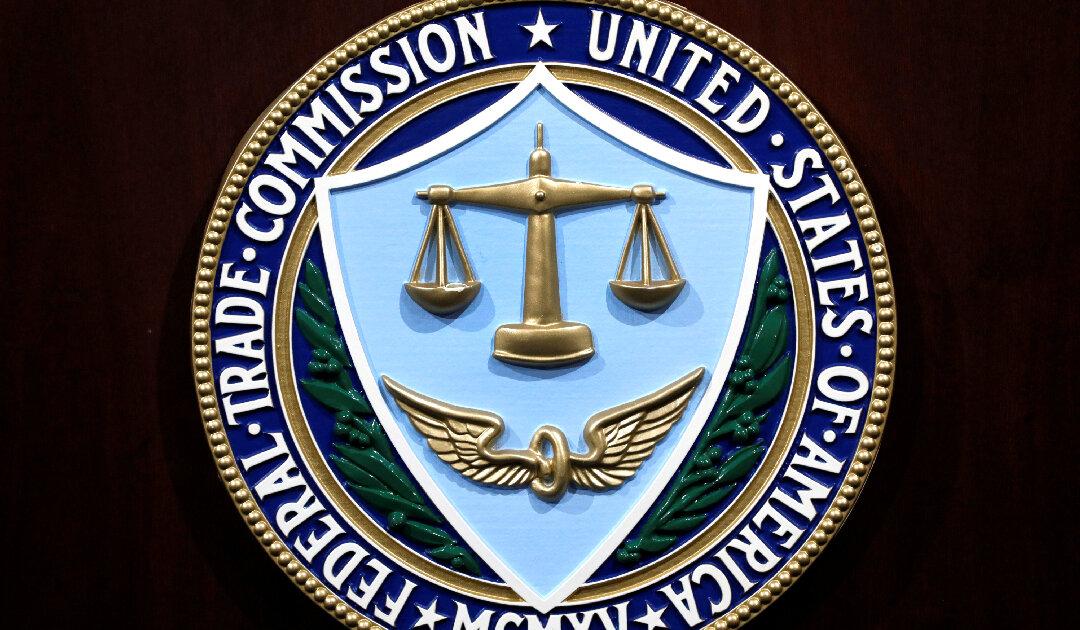The Federal Trade Commission (FTC) is suing data broker Kochava Inc, alleging that it sold geolocation data from hundreds of millions of mobile devices that can be used to trace individuals’ movements to and from “sensitive locations.”
The agency announced the lawsuit in a press release on Aug. 29.




